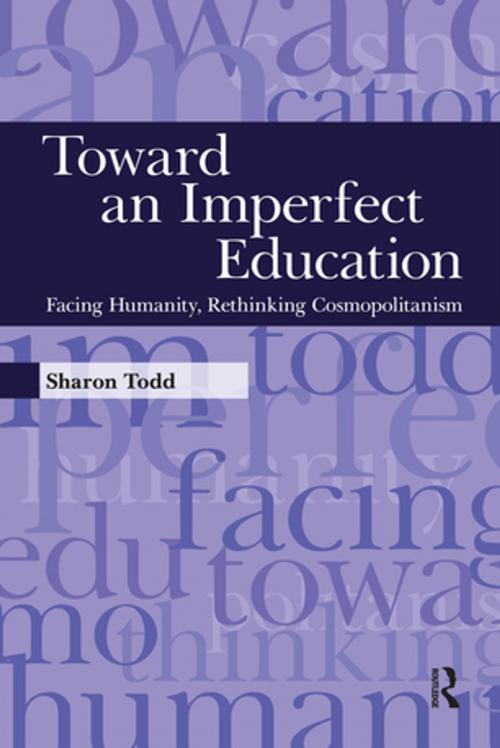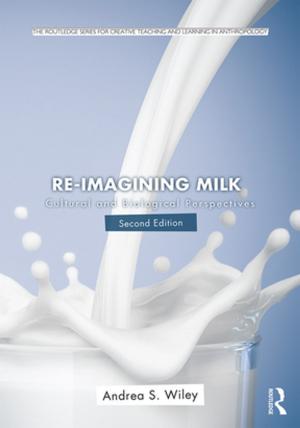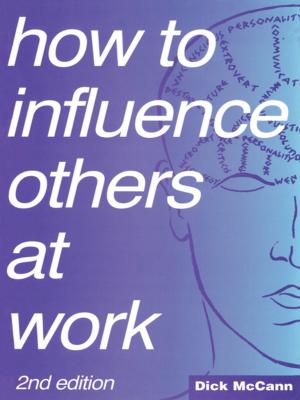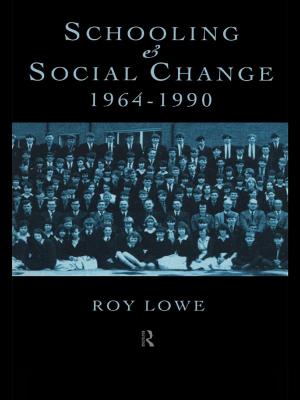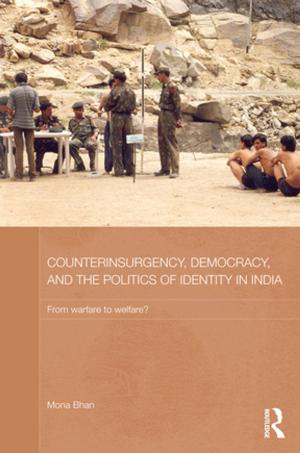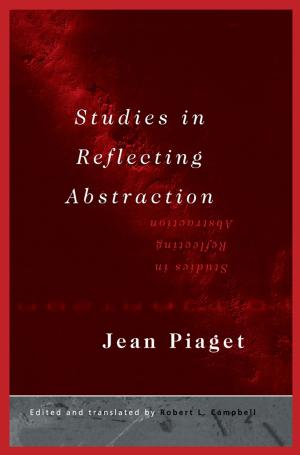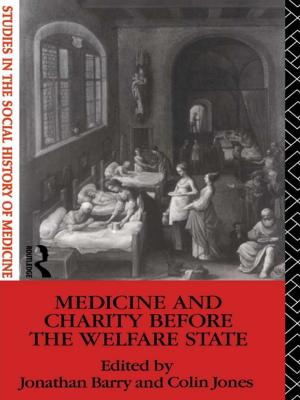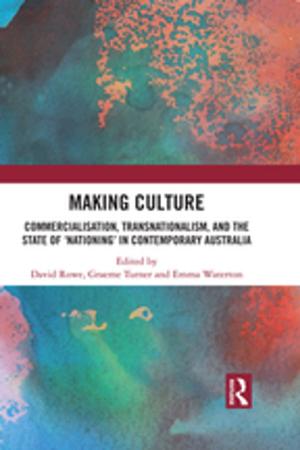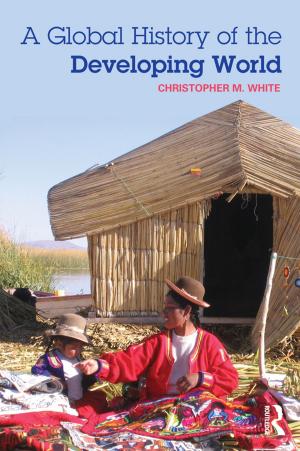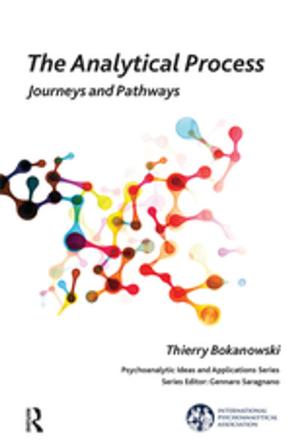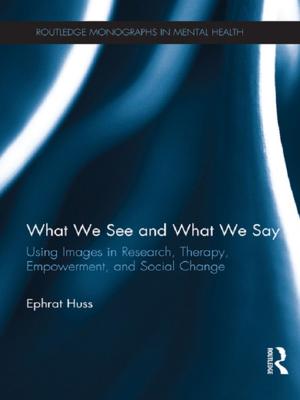Toward an Imperfect Education
Facing Humanity, Rethinking Cosmopolitanism
Nonfiction, Reference & Language, Education & Teaching, Social & Cultural Studies, Political Science| Author: | Sharon Todd | ISBN: | 9781317250227 |
| Publisher: | Taylor and Francis | Publication: | November 17, 2015 |
| Imprint: | Routledge | Language: | English |
| Author: | Sharon Todd |
| ISBN: | 9781317250227 |
| Publisher: | Taylor and Francis |
| Publication: | November 17, 2015 |
| Imprint: | Routledge |
| Language: | English |
The theory of cosmopolitanism is built on a paradoxical commitment to a universal idea of humanity and to a respect for human pluralism. Toward an Imperfect Education critiques the assumed "goodness" of humans that underwrites the idea of humanity and explores how antagonistic human interactions such as conflict, violence, and suffering are a fundamental aspect of life in a pluralistic world. This book proposes that the inescapable difference between humans compels our ethical and political observations in education. Todd persuasively argues that facing humanity in all its complexity and imperfection ought to be a central element of the cosmopolitan project to create a more just and humane education. Informed primarily by poststructural philosophy and feminist theory, she focuses on how sexual, cultural, and religious difference intersect with universal claims made in the name of humanity. Individual chapters develop a novel framework for dealing with antagonism in relation to human rights, democracy, citizenship, and cross-cultural understanding.
The theory of cosmopolitanism is built on a paradoxical commitment to a universal idea of humanity and to a respect for human pluralism. Toward an Imperfect Education critiques the assumed "goodness" of humans that underwrites the idea of humanity and explores how antagonistic human interactions such as conflict, violence, and suffering are a fundamental aspect of life in a pluralistic world. This book proposes that the inescapable difference between humans compels our ethical and political observations in education. Todd persuasively argues that facing humanity in all its complexity and imperfection ought to be a central element of the cosmopolitan project to create a more just and humane education. Informed primarily by poststructural philosophy and feminist theory, she focuses on how sexual, cultural, and religious difference intersect with universal claims made in the name of humanity. Individual chapters develop a novel framework for dealing with antagonism in relation to human rights, democracy, citizenship, and cross-cultural understanding.
